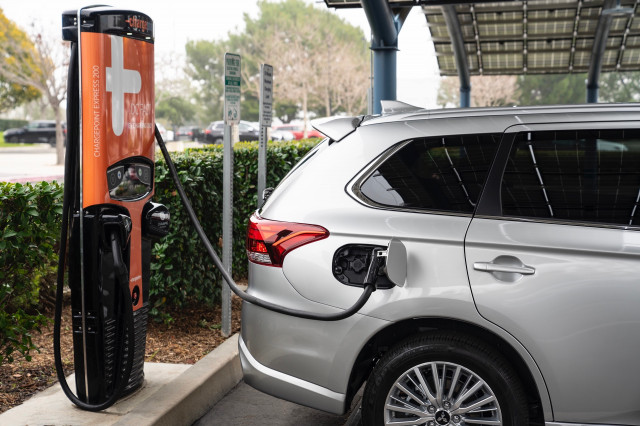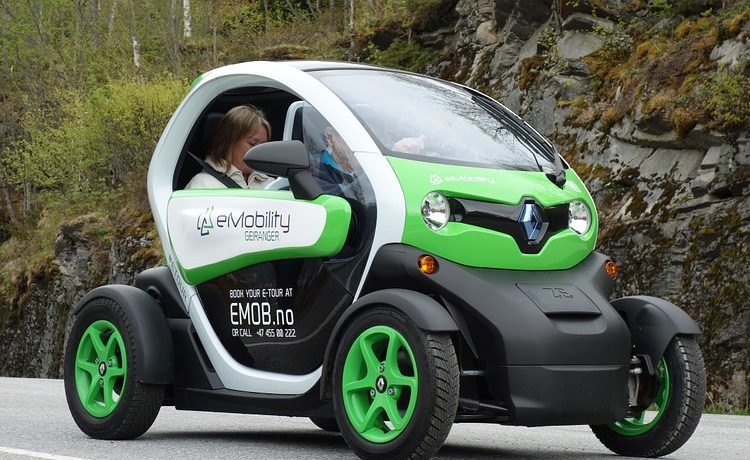


Plug-in hybrid vehicles, on the other hand, have a battery about 10 times larger than the one in a traditional hybrid, and that battery can be plugged in and charged using electricity. The original Toyota Prius models are among the most familiar traditional hybrid vehicles. Rather, the battery helps boost gas mileage and can provide extra torque. They cannot drive more than a couple of miles on battery power, and slowly at that. Conventional hybrid electric vehicles have a small battery that helps the gas-powered engine by recapturing energy during driving, like the energy that would otherwise be lost during braking.

Two different categories of vehicles are referred to as hybrids. But in recent interviews, Toyota CEO Akio Toyoda has raised doubts about just how fast the auto industry can pull a U-turn on fossil fuels, calling the US target of making EVs reach half of new car sales by 2030 a “tough ask.” While Toyota plans for EV sales to reach 3.5 million by 2030 (or 35% of its current annual sales), the company also sees hybrids as an affordable option customers will want, and one that can play a key role in cutting emissions.


 0 kommentar(er)
0 kommentar(er)
